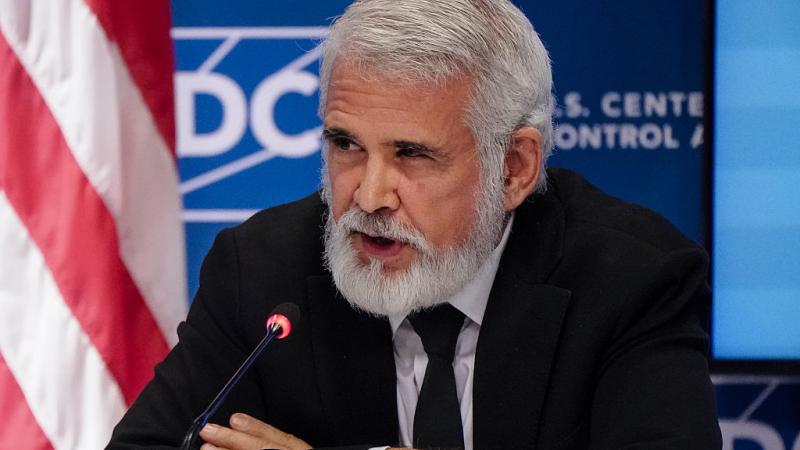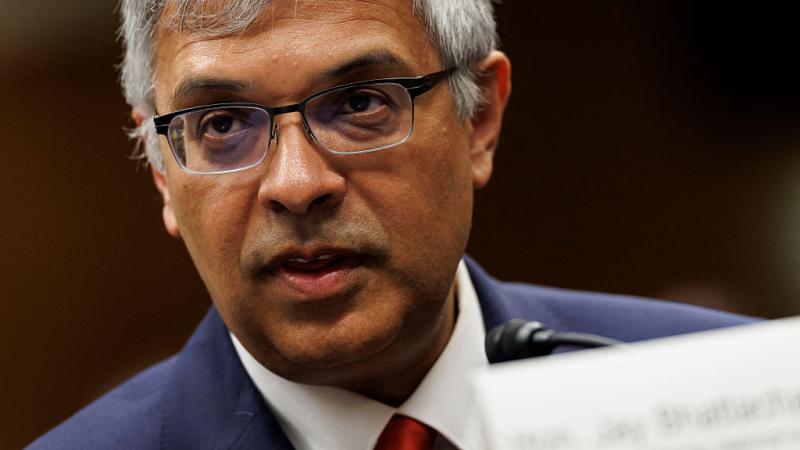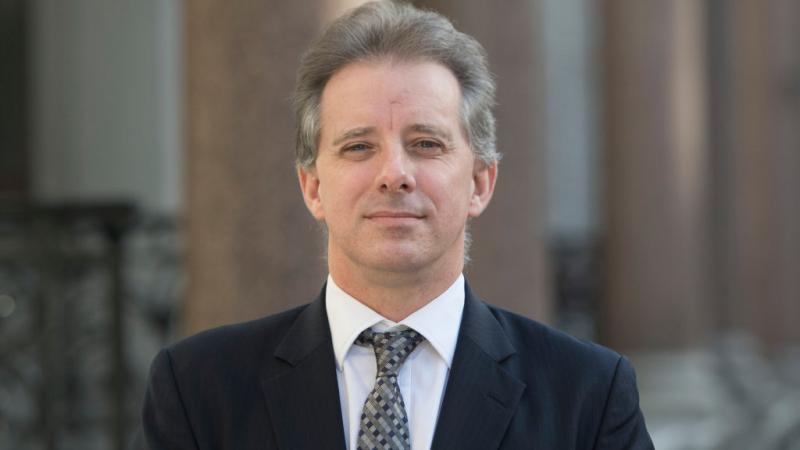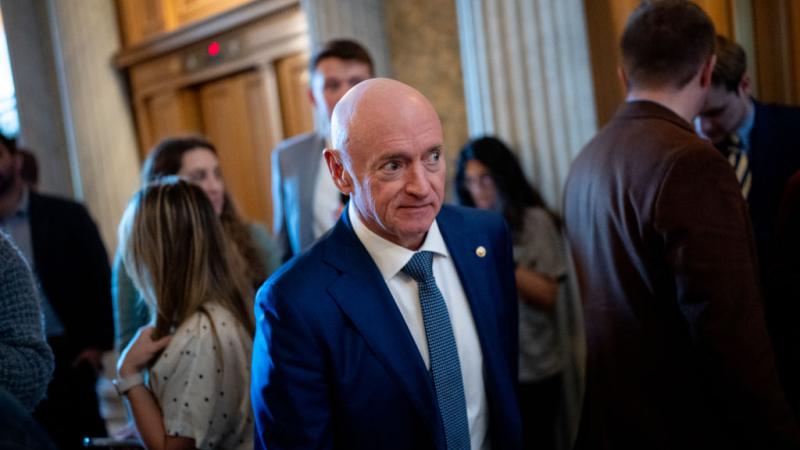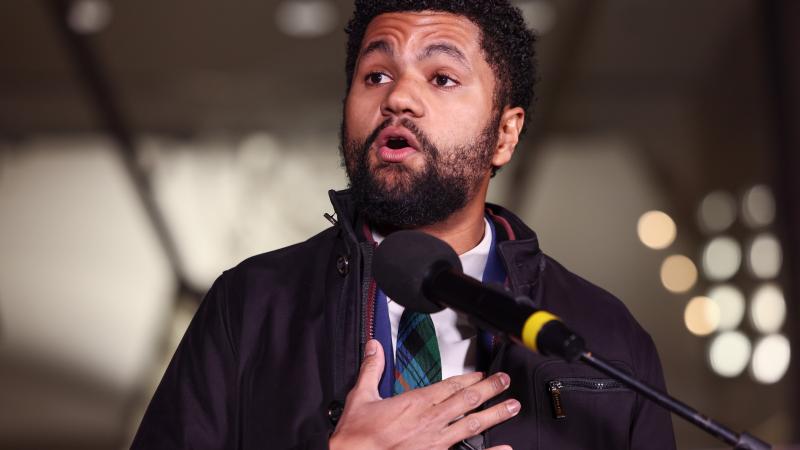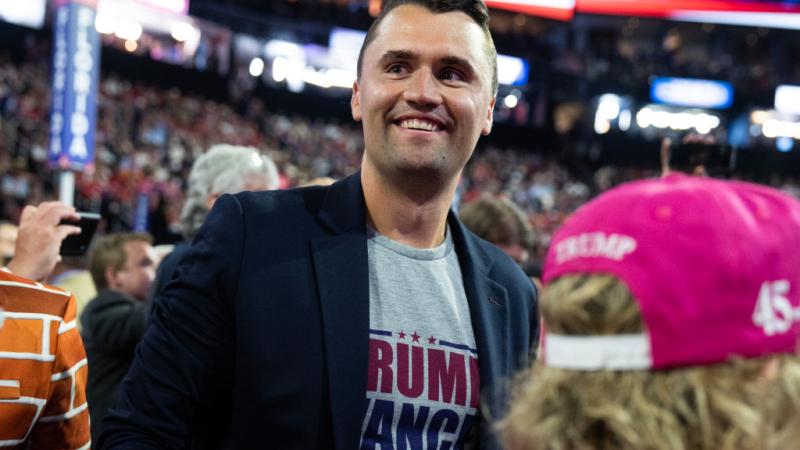Reagan adviser Laffer urges keeping virus task forces small, or risk bureaucratic paralysis
'The larger the council, the less effective it will be,' Laffer said
Economist Art Laffer, a former adviser to President Ronald Reagan, is advising President Trump to keep his coronavirus economic reopening task forces lean, otherwise they could sprawl out of control and risk being ineffective.
Trump on Thursday laid out his framework for reopening the economy as soon as possible, in at least some parts of the country, while leaving many of the decisions with governors on when and how to open.
The White House on Tuesday released a list of more than 200 names of members of a Great American Economic Revival task force, with top CEOs, union leaders, and policy experts.
Laffer himself is a member of the "Thought Leaders" group within the task force.
"Anything is possible, once you get a council like this," Laffer said in a podcast interview with Just the News. "If they get hundreds of members of this council, God knows how it comes to any decision unless it's just totally one view of thought. And it would make it much less effective. The larger the council, the less effective it will be."
Laffer, who advised Trump's 2016 political campaign and received a Presidential Medal of Freedom from the president in 2019, said Trump's ability to synthesize information quickly will help him keep committees from going off the rails.
"The truth of the matter is councils and committees and all that do have a risk of being ineffectual, being groupthink and being sclerotic," Laffer said. "And I'm sure that they know that as well. Donald Trump is a master businessman, CEO, and he knows how to make sure he gets good advice rather than sclerotic, groupthink advice. So I'm not really terribly worried it's going to be ineffectual."
To read the list of members of the White House's "Great American Economic Revival Industry Groups," click the pdf below.
"Of course, there's always a risk of any council being ineffective," Laffer said. "And there's always a problem of groupthink as well. And they may have taken measures that would reduce the groupthink and reduce the ineffectiveness of that. So I can't really tell you whether it's going to be an ineffective or not, but that is a risk of any large group."
Laffer said internecine bureaucratic turf battles are an enduring reality of human governing "from time immemorial."
"I think this council does, in fact, usurp some of the power of the National Economic Council," Laffer said. "But if you'll notice, Larry Kudlow is very prominent on the new council that's being formed. And he's head of the National Economic Council. So I would assume it has his implicit, if not explicit, approval. So this is one battle. But you remember the battles between [Condoleeza] Rice and and Don Rumsfeld and all of that under Bush, on the military stuff. These conflicts among agencies are ancient, and they were everywhere."
Laffer disagrees with the $2.2 trillion stimulus bill adopted by Trump and Congress last month, saying "a lot of it was helicopter money and and waste." However, he said he is "very pleased" with how Trump has handled the coronavirus crisis so far.
"And when I see what Donald Trump does, I see what I believe is the proper role of a president," Laffer said. "Now, you may think of that as being domineering and all that, but he is the president. He was elected. That's his job. And you know, to waste a lot of time and effort, pondering and wailing and waggling, wiggling and doing all that stuff — I don't think helps anyone. He looks at the issue, when he comes to what he thinks is the conclusion he makes it, and and that's what a great CEO does. And I've been very pleased with the way he handled his office. It's not always been in the way I would have gone, but then again, he's president, and I'm not."
Laffer has been a vocal proponent of moving as quickly as possible to reopen the U.S. economy.
"I don't think May 1 is impossible for starting to open the economy," Laffer said ahead of Trump announcing his three-phase reopening plan. "I think it has to be done very carefully, and judiciously, balancing all sorts of different characteristics. For example, the coronavirus, you make sure you don't want to open something up before it's really safe. But when you look at opening the economy up, it's also very important to open the economy. So you want to make sure you do it clear-eyed and logically and based on numbers. And I think May 1 is a very reasonable date for starting the opening of the economy."
To listen to the full interview with Laffer, click below:
Audio file


